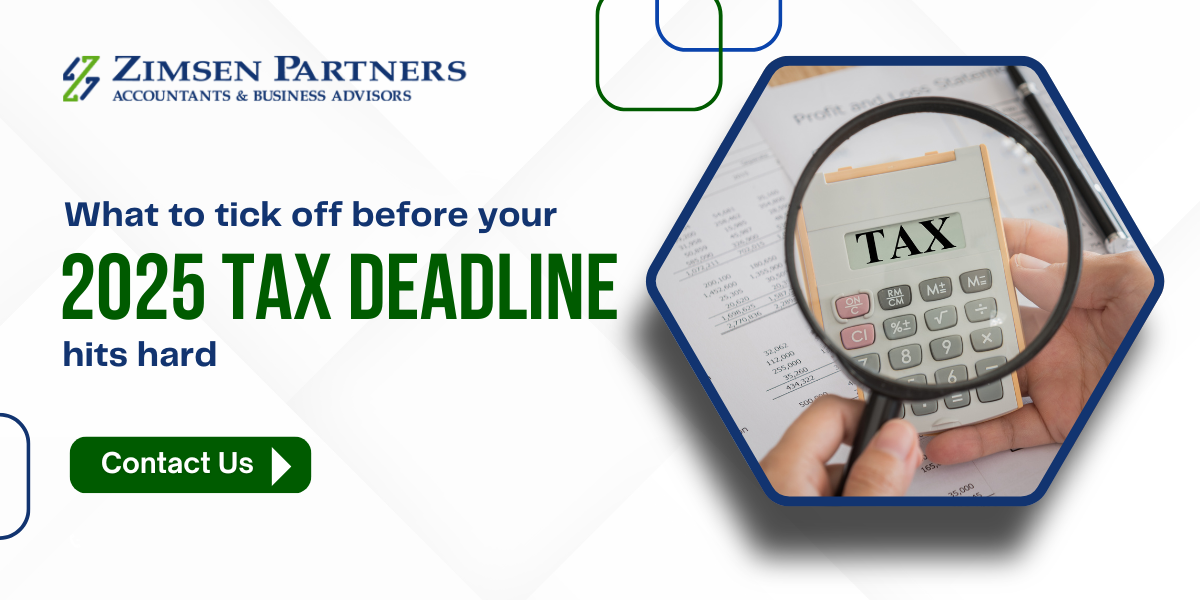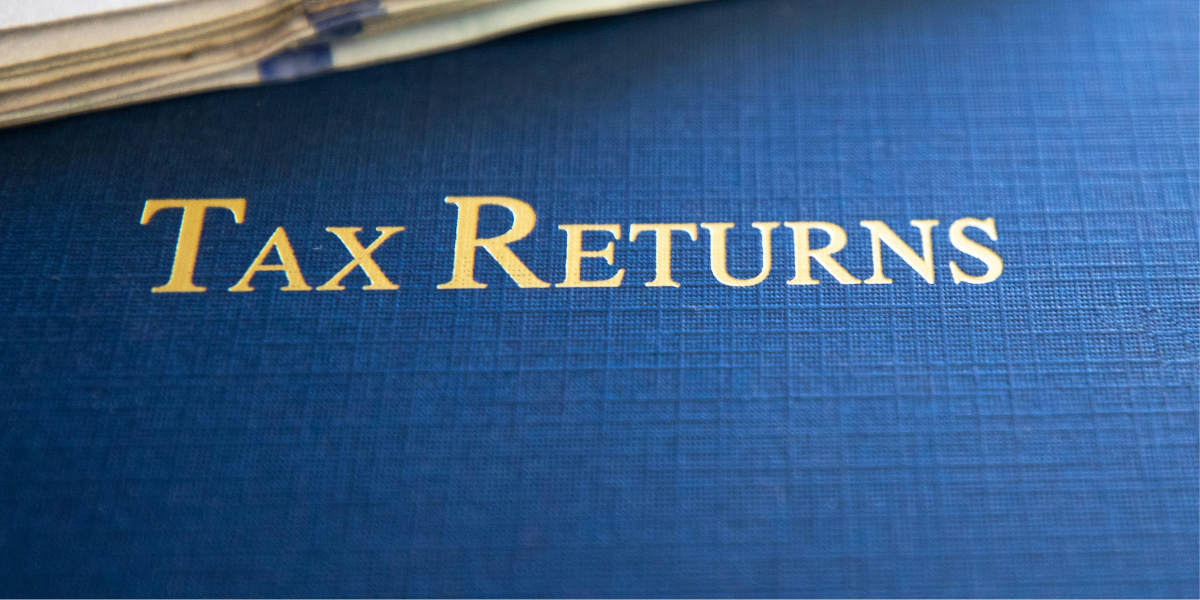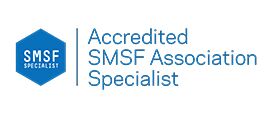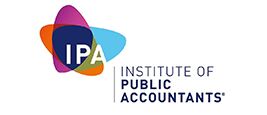Similar to Income tax and GST, FBT is a tax that is assessable yearly on business owners. But what exactly is FBT? Why are employers obliged to pay this tax in addition to income tax and GST?
After reading this article, you will be able to determine:
1. What a fringe benefit is
2. Key features of a fringe benefit
3. How to reduce the taxable value of a fringe benefit
4. Two Methods available for calculating Motor Vehicle Benefits

1. What is fringe benefits tax?
Fringe benefits tax is a tax payable by employers on the non cash benefits provided to their employees or their associates in respect to their employment.
2. Key features of FBT:
- FBT is a tax paid by employers, regardless of whether they are individuals, partnerships, companies or trust.
- Fringe benefits are taxed at a flat rate of 46.5%
- The FBT year begins as of 1st April and ends on the 31st March
- Annual FBT returns are required to be lodged by employers on the 21st of May
- Employers are able to claim an income tax deduction for both the cost of the fringe benefit to the employee as well as the FBT paid
- FBT is paid by the employer, employees are not liable to tax on the benefits provided
3. How to reduce the taxable value of a fringe benefit:
When an employee makes an after tax cash contribution towards a benefit which is subject to FBT, the taxable value of the fringe benefit will be reduced accordingly. Contributions made by the employee are considered to be GST inclusive.
The taxable value of a fringe benefit can also be reduced by a concept known as ‘the otherwise deductible rule’, whereby the employee could have claimed a once off tax deduction within their individual tax return. Therefore this shows that only the private component of the benefit is subject to FBT.
In order for the employer to benefit from the otherwise deductible rule, it is necessary that the employer obtains a declaration from the employee that declares the percentage for income producing purposes of the benefit.
4. Methods available for Motor Vehicle Benefits
In order for there to be a car fringe benefit, the car must be owned or leased by the employer. If the car is held by an employee, then there is no fringe benefit. The employee may still use the Motor vehicle for work purposes, however it will then have to be claimed under the employees personal tax return via an allowance or deduction (eg. cents per km method).
There are two methods which can be used to determine the taxable value of a car fringe benefit. The two methods are:
1. Statutory formula method
2. Operating cost method
The statutory method sets the taxpayers claim on a statutory rate dependent on the amount of km travelled for the year as well as the number of days the vehicle was held. For the year ending 31st March 2014, a flat statutory rate 20% applies, regardless of distance travelled.
The operating cost is generally the preferred method, as it provides a more favourable result in most circumstances where business km are extensive and all expenses are maintained. A logbook must be maintained when using this method. The costs related to running the vehicle may also be included, as listed below:
- Petrol
- Registration and insurance
- Repairs and maintenance
- Deemed Depreciation
- Deemed Interest
The total of the above amounts multiplied by the private use percentage, calculates the taxable value of the car. The last step is to calculate the FBT payable which is the grossed up taxable value multiplied by 46.5%.
As mentioned above in point 3 the employee can elect to make an after tax contribution as reimbursement for the private benefits provided by the employer. This will result in a reduction of FBT in accordance with the amount contributed. It is important to note that a pre tax contribution does not constitute a valid employee contribution, and therefore, cannot reduce the taxable value of the fringe benefit.
If you would like to receive more information or arrange an appointment to discuss in more detail the Fringe Benefits Tax relative to your business, please contact our office on (03) 7065 5555.
This article was produced by Zimsen Partners. It is intended to provide general information only in summary format on accounting, business advisory and taxation issues. It does not constitute accounting advice, and should not be relied on as such.











